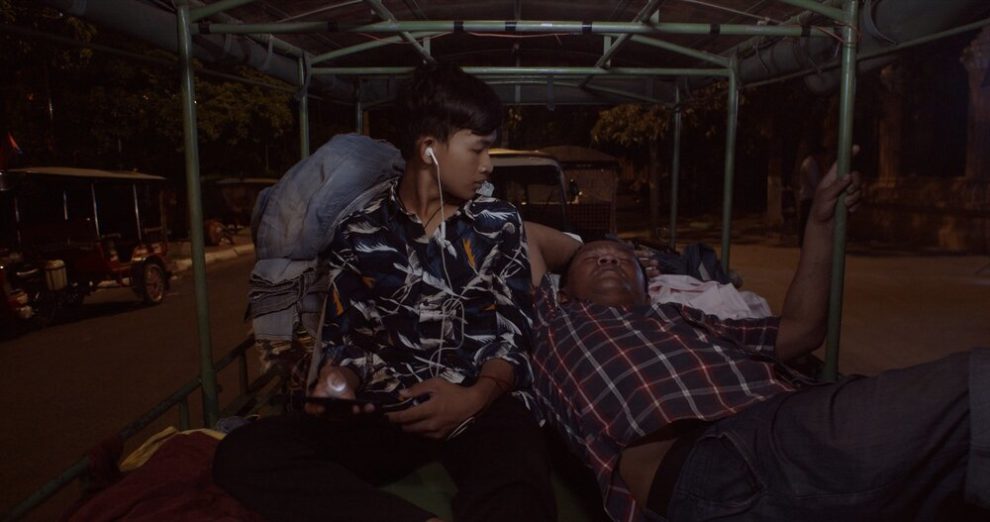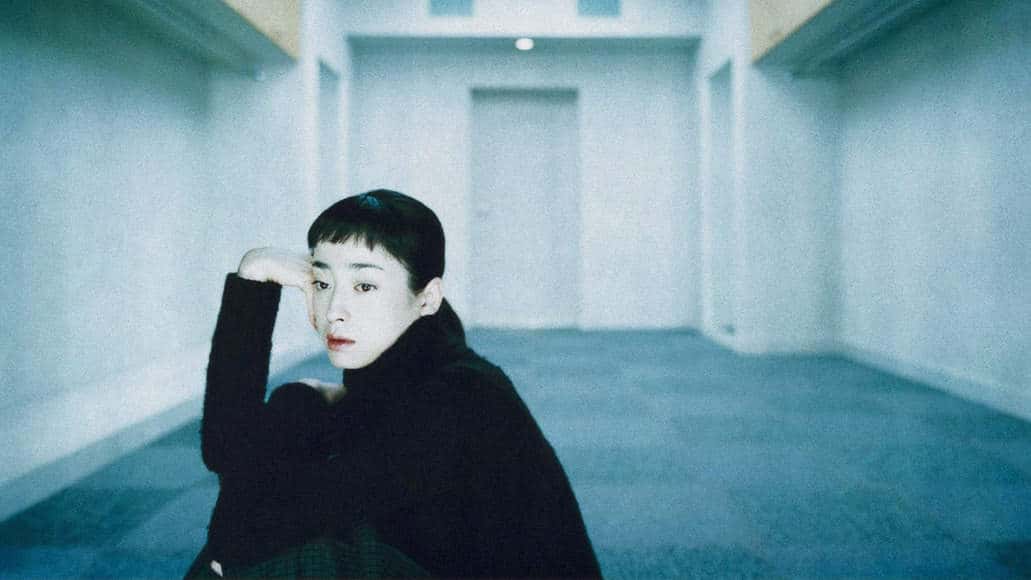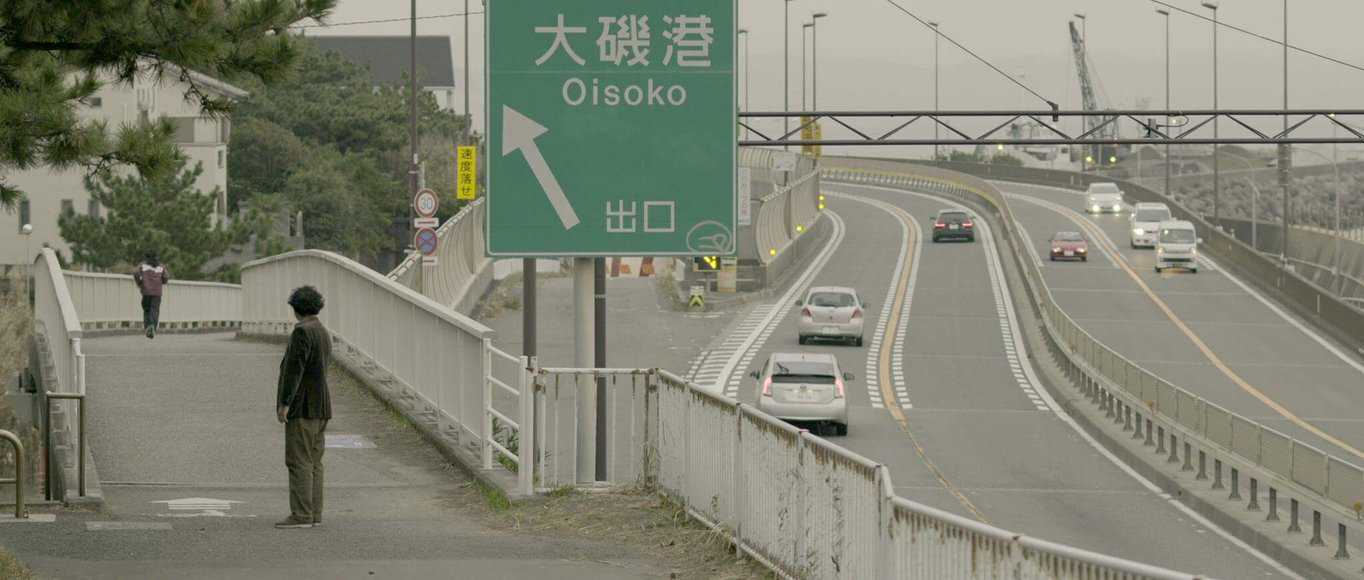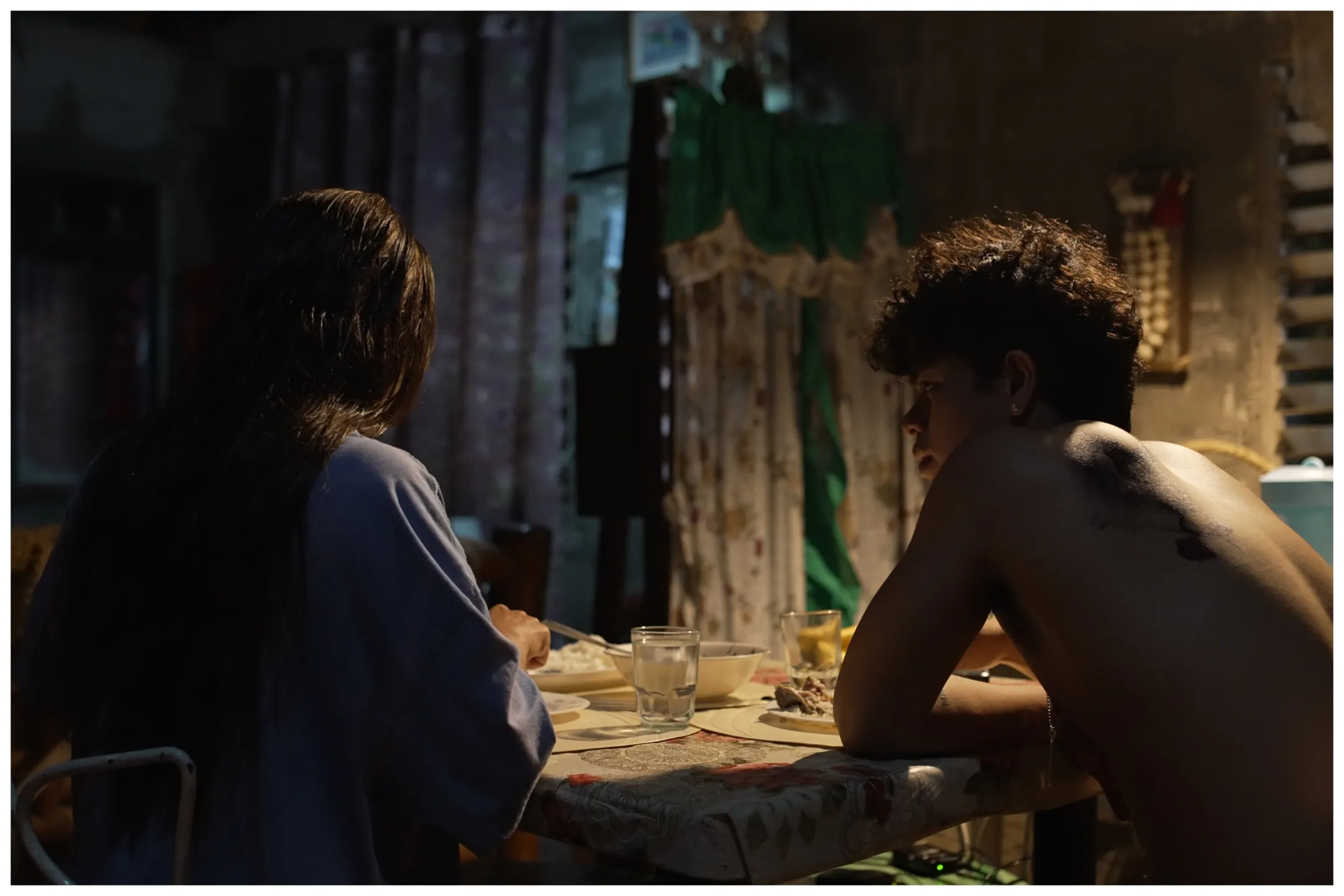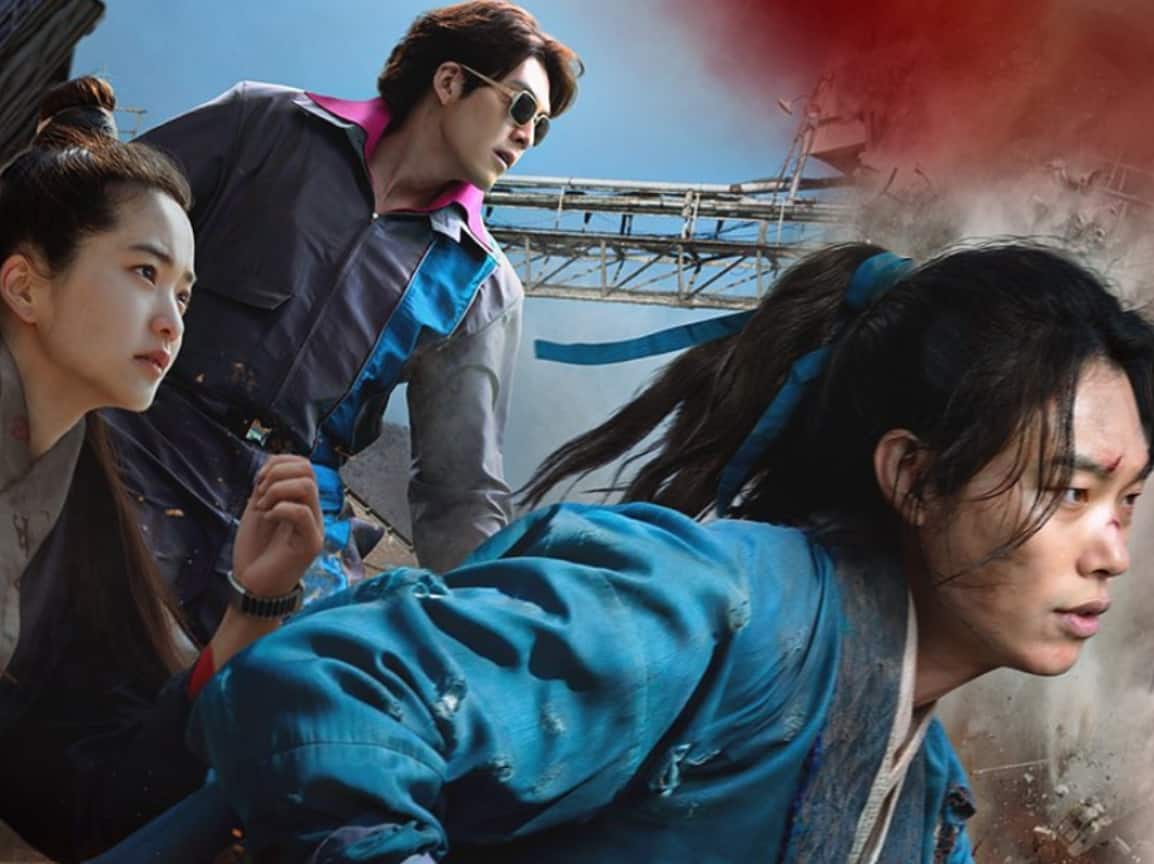Phnom Penh and particularly the reality of the young people today is a theme very rarely (if ever) explored in cinema. French director Jesse Miceli decided to fill this gap through an approach that shares many similarities with Midi Z's work on Myanmar, although in a more polished fashion.
Coalesce is screening at Helsinki Cine Aasia

The story revolves around three young men. Songsa, the youngest, comes to Phnom Penh with his father, from the village he is living, in order to sell clothes on the street from a tuk-tuk, where the two of them also sleep during the night. However, the boy is repeatedly left by himself, as his father sells clothes on another location. The result is that he is robbed, almost assaulted by a man who seems to like young boys, while a number of blunders bring the rage of their partner on his head and result in a rather violent event.
Thy is neglected by his father, who only cares for his half-brother, while his dream to buy a motorcycle brings him to work in a bar frequented by older Western men, who like to hang out with boys, at least when they are not paying for something else. Soon, he also becomes a dancer in the club, and his life becomes better, but the price to pay is not exactly small.
Phearum drives a taxi, but the money he makes are not enough to pay his debts, while his wife's pregnancy adds another burden to him, financially. A fateful night brings him hanging out with two drunken Western women. Eventually, the paths of the three collide.

Jesse Miceli pens and directs a very smart film, particularly in the way the lives of the three protagonists could be of the same man in various stages of his life, with Songsa being a young teenager, Thy an older teenager, and Phearum in his mid-20s.
Through the lives of the three and the many episodes that take place in the movie, Miceli also manages to make a number of social comments. The concept of the people who live in the country but move to Pnom Penh to earn a wage and change their lives, mostly through the many Westerners that live in the city, is one of the central ones. The differences between rural and urban life are presented excellently, with Miceli juxtaposing scenes between the two settings, with the fact that most scenes in the city take place at night and most in the village, during the day, highlighting this difference even more.
That Pnom Penh seems to be experiencing an era of economic progress, led by the construction sector and foreign funds that also come to the country through tourism, but at the same time, a large part of the population continues to leave beyond the poverty line, is another comment that becomes evident as the narrative progresses. Run Sokheng's cinematography finds some of its apogees in this aspect, with the juxtaposition of the people selling clothes for a dollar or two from their suk suk's and fighting for territory under the shadow of the newly-built skyscrapers presenting this comment in the most eloquent fashion.
The cinematography also thrives on another element of the movie, that of the tour guide of the city, with Miceli exploring the nightlife of Pnom Penh in all its glory, including both the tourist locations and the ones that foreigners would probably never set their foot in. Through this element, another aspect of the city is presented, that of functioning as a kind of “meat market” for rich homosexuals who like their lovers rather young, in an approach though, that does not aim to shock, but simply to present the phenomenon as is. At the same time, the various bars, the art galleries, the clubs, the karaoke parlors, the live stages where death metal seems to thrive, and a number of other locations are also presented in the movie, in an approach filled with realism, which occasionally makes the film function like a documentary.
The drama, however, is not missing, and despite the fact that the lives of two of the three protagonists become somewhat better as the story progresses, the same does not apply to Songsa, who seems to have found a solace in music, but his frustration remains rather palpable, in another realistic comment of the movie. At the same time, however, the finale and particularly the flash forward of the ending seems a bit rushed and disconnected from the rest of the narrative and cinematic approach, in the movie's most significant fault.
First time actors Songsa Sek as Songsa, Rithy Rom as Thy and Phearum Eang as Phearum intensify the sense of originality the movie emits, with naturalistic performances that add much to the documentary-aspect of the movie, despite the fact that it becomes evident that they are not exactly acting the whole time.
“Coalesce” has some faults, particularly regarding its finale, but in the end, emerges as a great portrait of current life in Pnom Penh, and a rather intriguing movie, through the “real-life” stories of the three protagonists.


